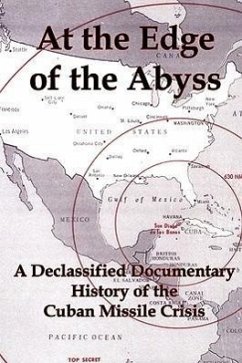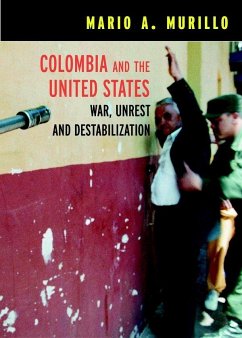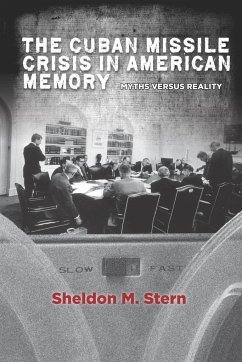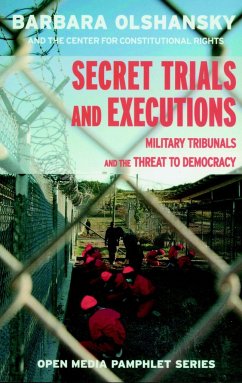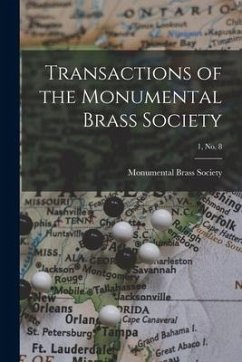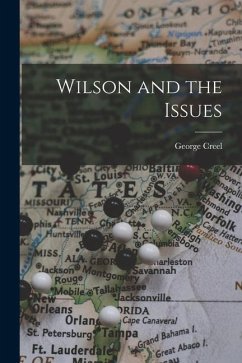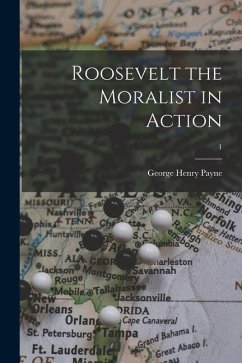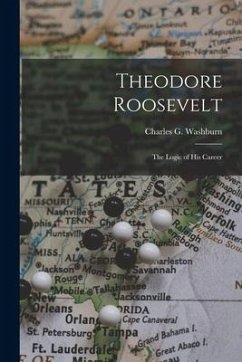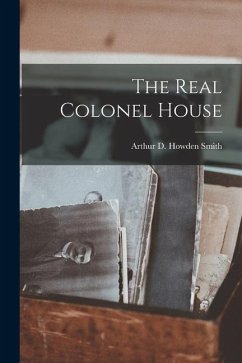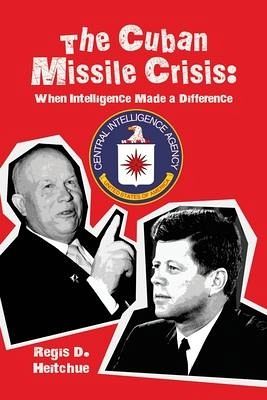
The Cuban Missile Crisis: When Intelligence Made a Difference
Versandkostenfrei!
Versandfertig in über 4 Wochen
15,99 €
inkl. MwSt.

PAYBACK Punkte
8 °P sammeln!
The Cuban Missile Crisis: When Intelligence Made a Difference By: Regis D. Heitchue The Cuban Missile Crisis-the most dangerous event of the Cold War- has been chronicled in countless books and several movies that speak primarily to the political and diplomatic aspects, with only marginal reference to activities of U.S. intelligence before and during the crisis. Nothing in the historical record portrays the scope of those efforts which were critical to President Kennedy as he sought to resolve the crisis in a peaceful manner and on terms favorable to the U.S.. Recognizing the absence of the in...
The Cuban Missile Crisis: When Intelligence Made a Difference By: Regis D. Heitchue The Cuban Missile Crisis-the most dangerous event of the Cold War- has been chronicled in countless books and several movies that speak primarily to the political and diplomatic aspects, with only marginal reference to activities of U.S. intelligence before and during the crisis. Nothing in the historical record portrays the scope of those efforts which were critical to President Kennedy as he sought to resolve the crisis in a peaceful manner and on terms favorable to the U.S.. Recognizing the absence of the intelligence chapter in the historical record of the crisis, the author undertook to document that story in The Cuban Missile Crisis: When Intelligence Made a Difference. The author's account is a unique story of what American intelligence knew, when it knew it, and how it knew what the Soviets were doing in Cuba prior to and during the crisis-and what we now know, 60 years later, quite accurately, what the Soviets were actually doing in Cuba. In that way this book is a valuable addition to the history of the crisis. There are intriguing aspects of the Cuban Missile Crisis that scholars still debate: Why did Khrushchev take the enormous gamble that he did? Did the mysterious backchannel between the Washington KGB chief and an ABC newsman help to resolve the standoff between Moscow and Washington? The author sheds light on these and other mysteries of the Cuban Missile Crisis. There are striking parallels between the Russian war in Ukraine and the Soviet misadventure in Cuba: In both, the Soviets and the Russians lied and deceived to conceal their true intentions, and in both, Soviet and Russian leaders badly miscalculated. About the Author Regis D. Heitchue is a veteran of the CIA and a professional intelligence expert with 50 years of experience. Mr. Heitchue's Agency career in the Directorate of Science and Technology (DS&T) was noteworthy for innovations in technical means of intelligence collection. He was at the forefront of major advancements and the promotion of those initiatives in the broader intelligence community. He retired from the CIA Senior Intelligence Service in 2000 having held many senior leadership positions throughout his Agency career. Following retirement, he worked as a consultant to elements of the U.S. Intelligence Community: The National Geospatial-Intelligence Agency, the CIA, the Assistant Director of Central Intelligence, the Office of the Director of National Intelligence and the National Reconnaissance Office. As a consultant his work focused on major intelligence program decision-making at the highest levels of the CIA and the Office of the Director of National Intelligence. At the Bush School of Government & Public Service, he taught intelligence and national security studies. He is an engineering graduate of Rensselaer Polytechnic Institute with graduate studies at UCLA and Ohio State University. The author has received high-level awards for his intelligence work: The CIA Intelligence Medal of Merit, the Intelligence Community Seal Medallion, and the National Reconnaissance Office Distinguished Service Medal.



